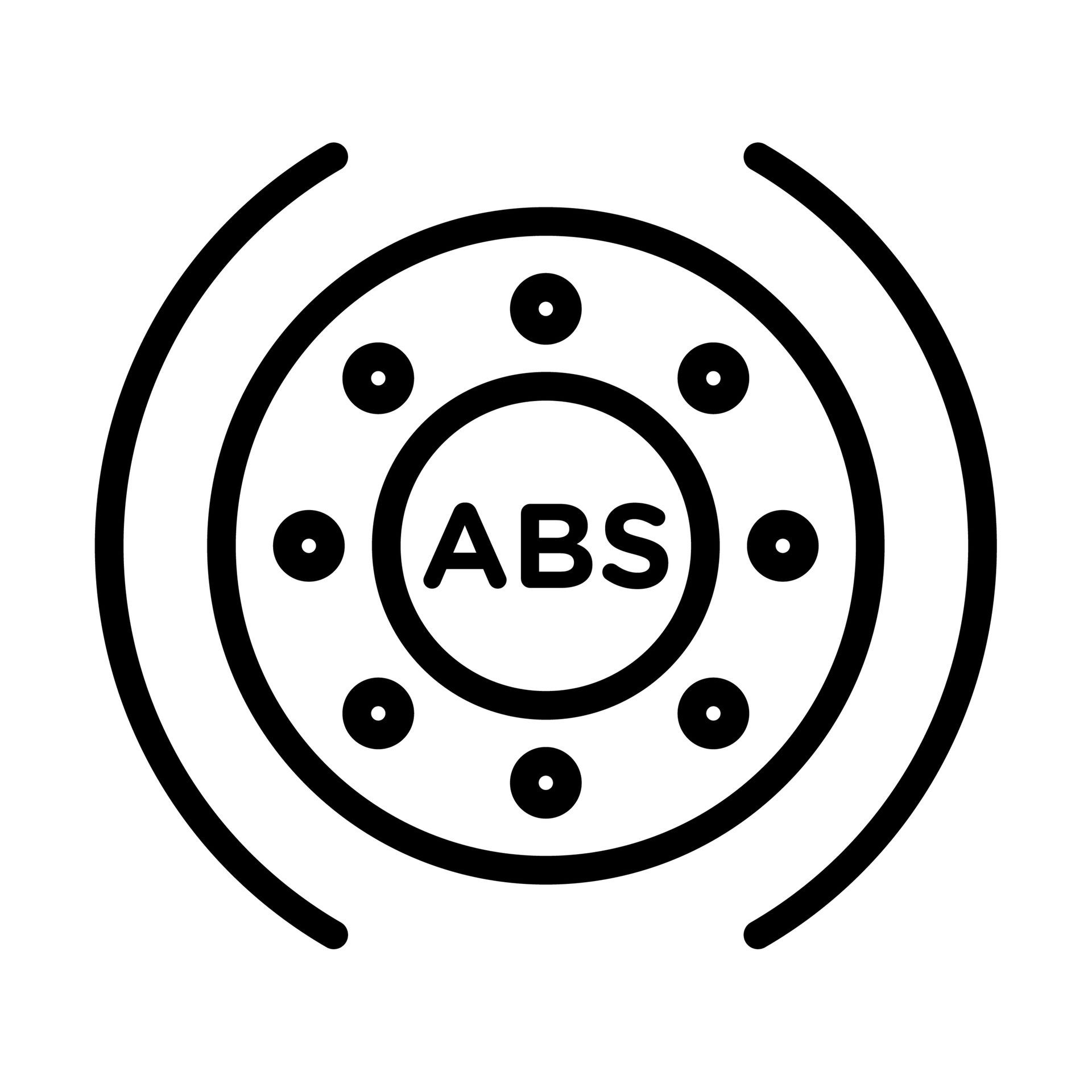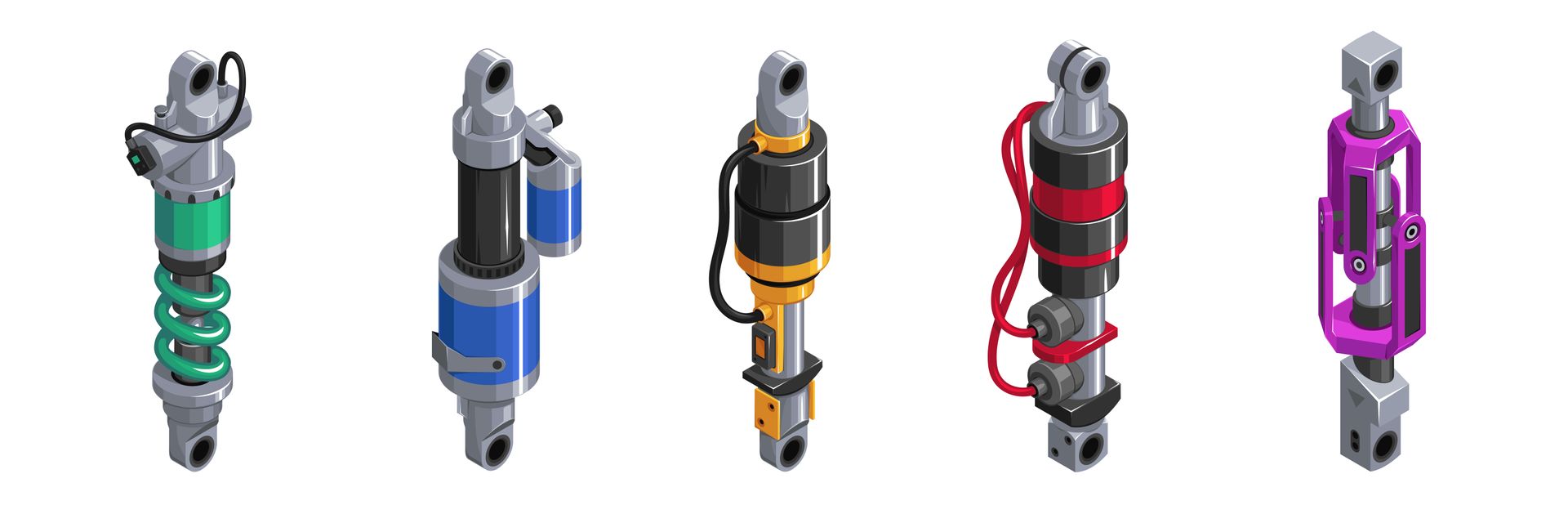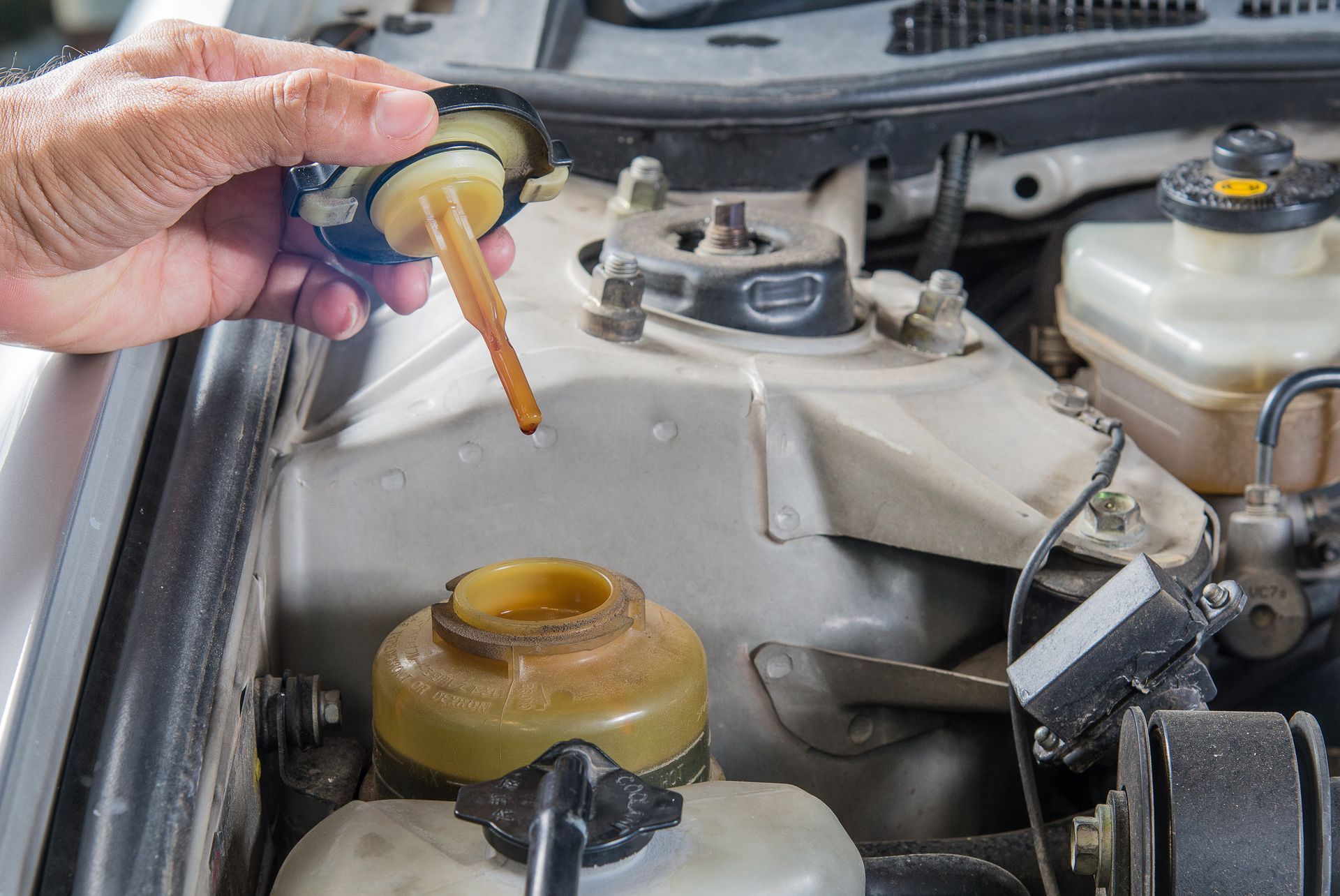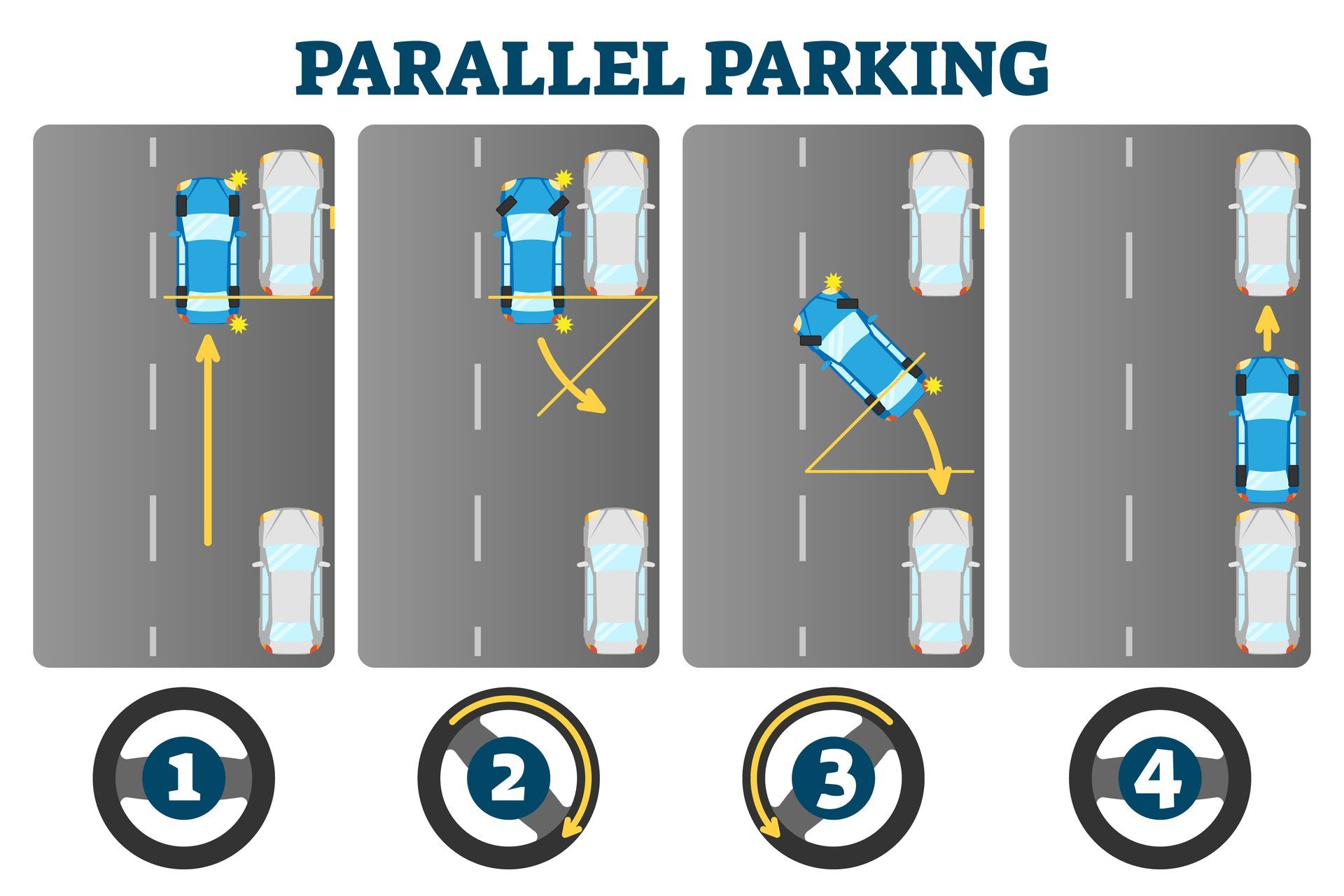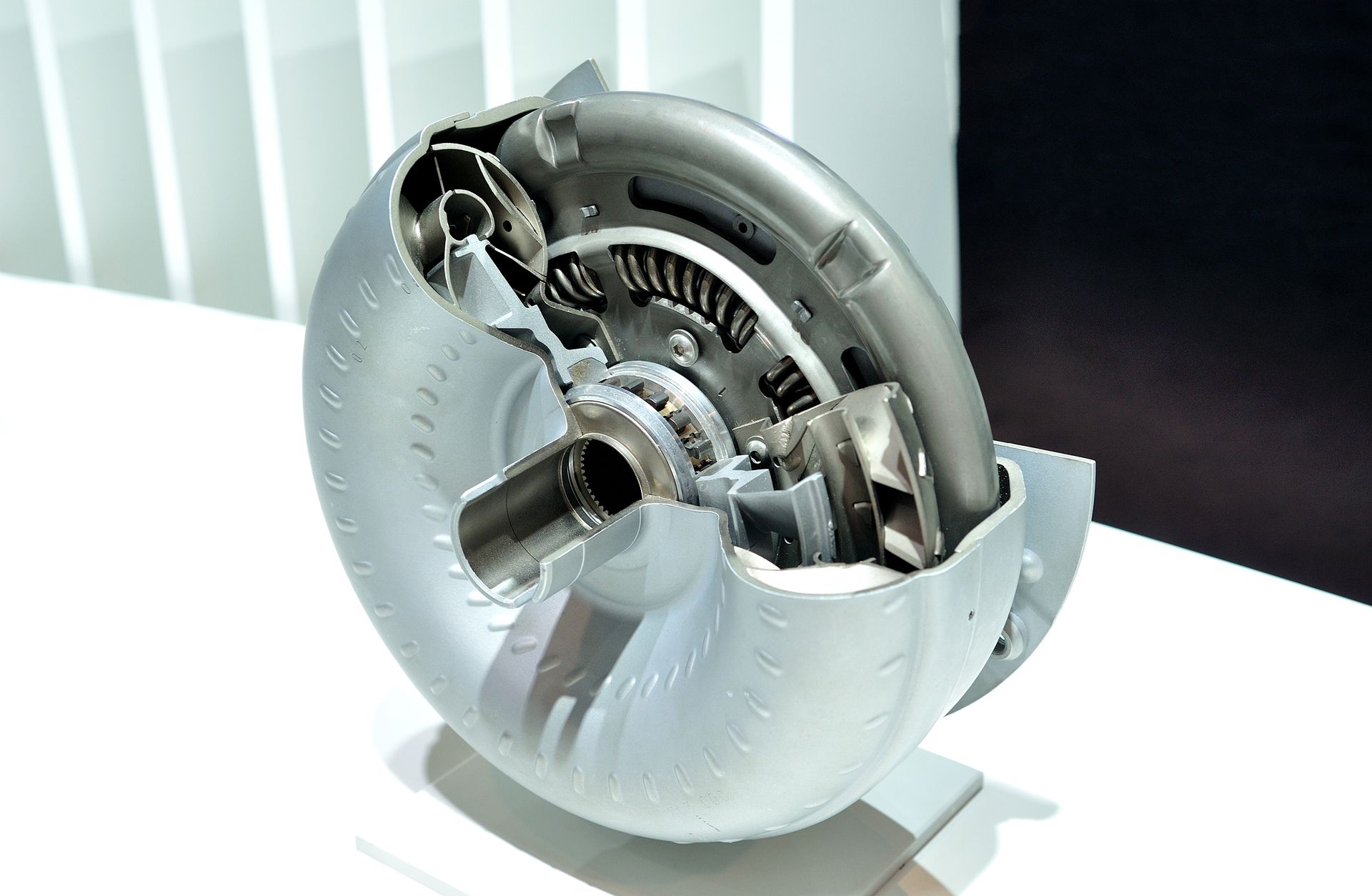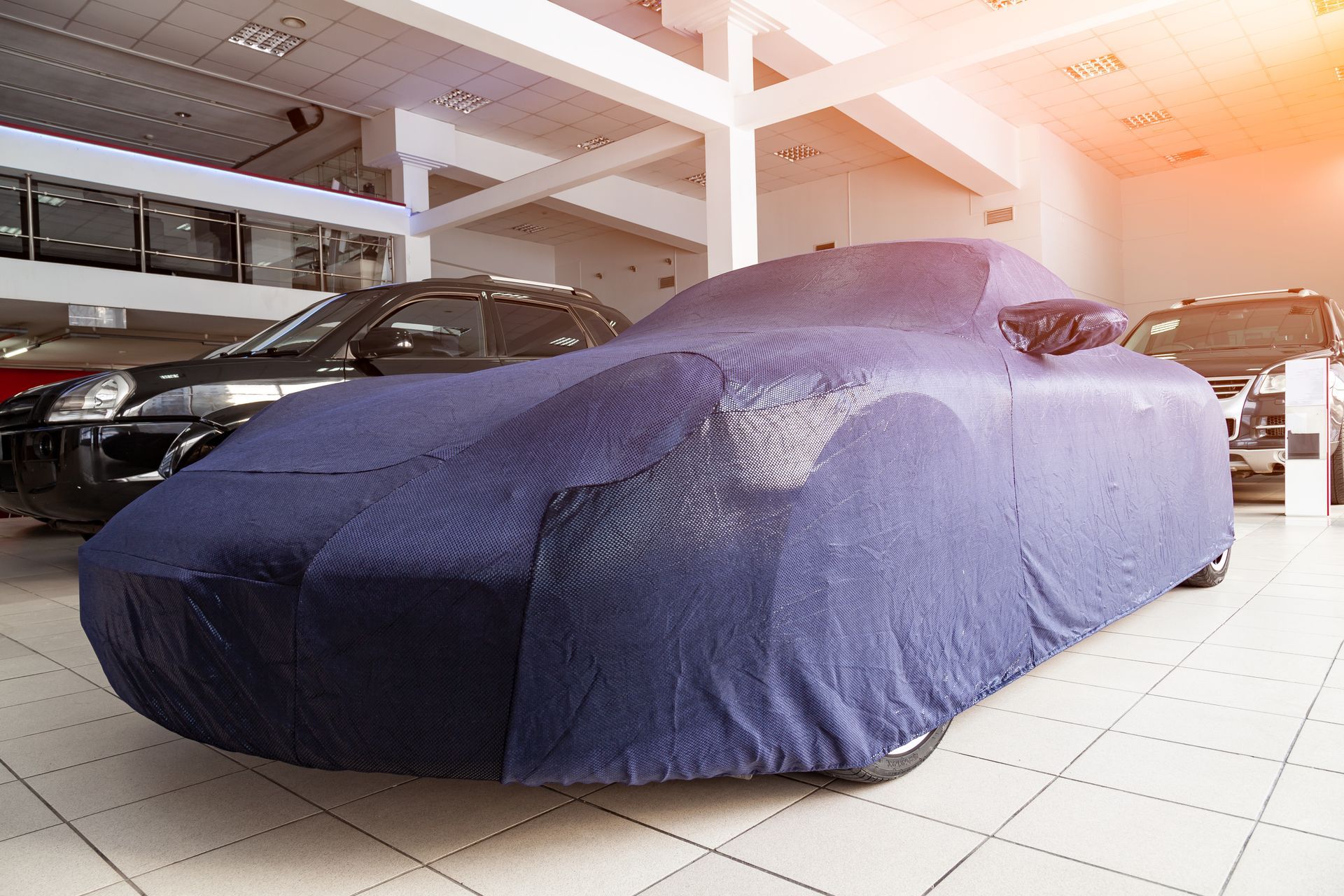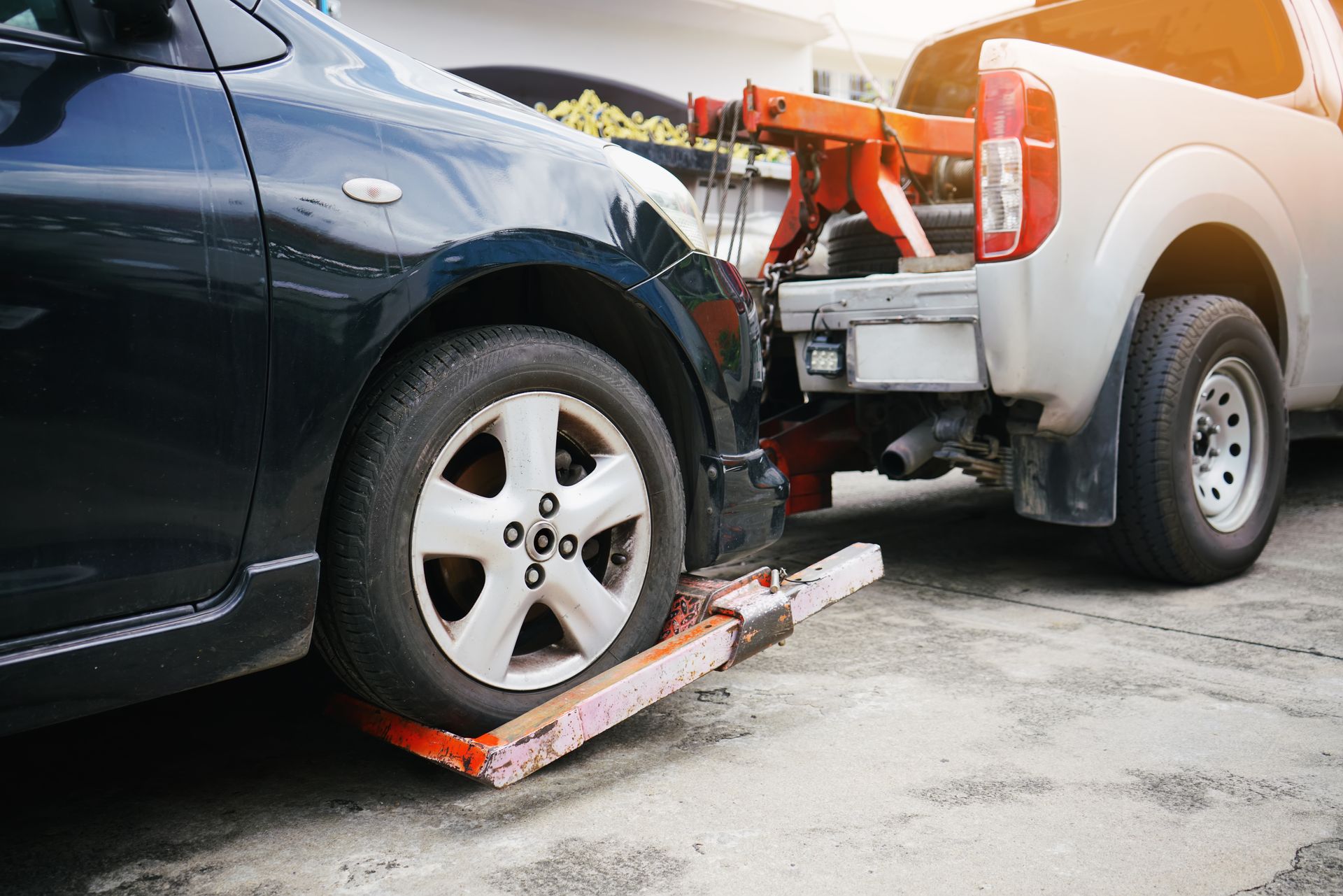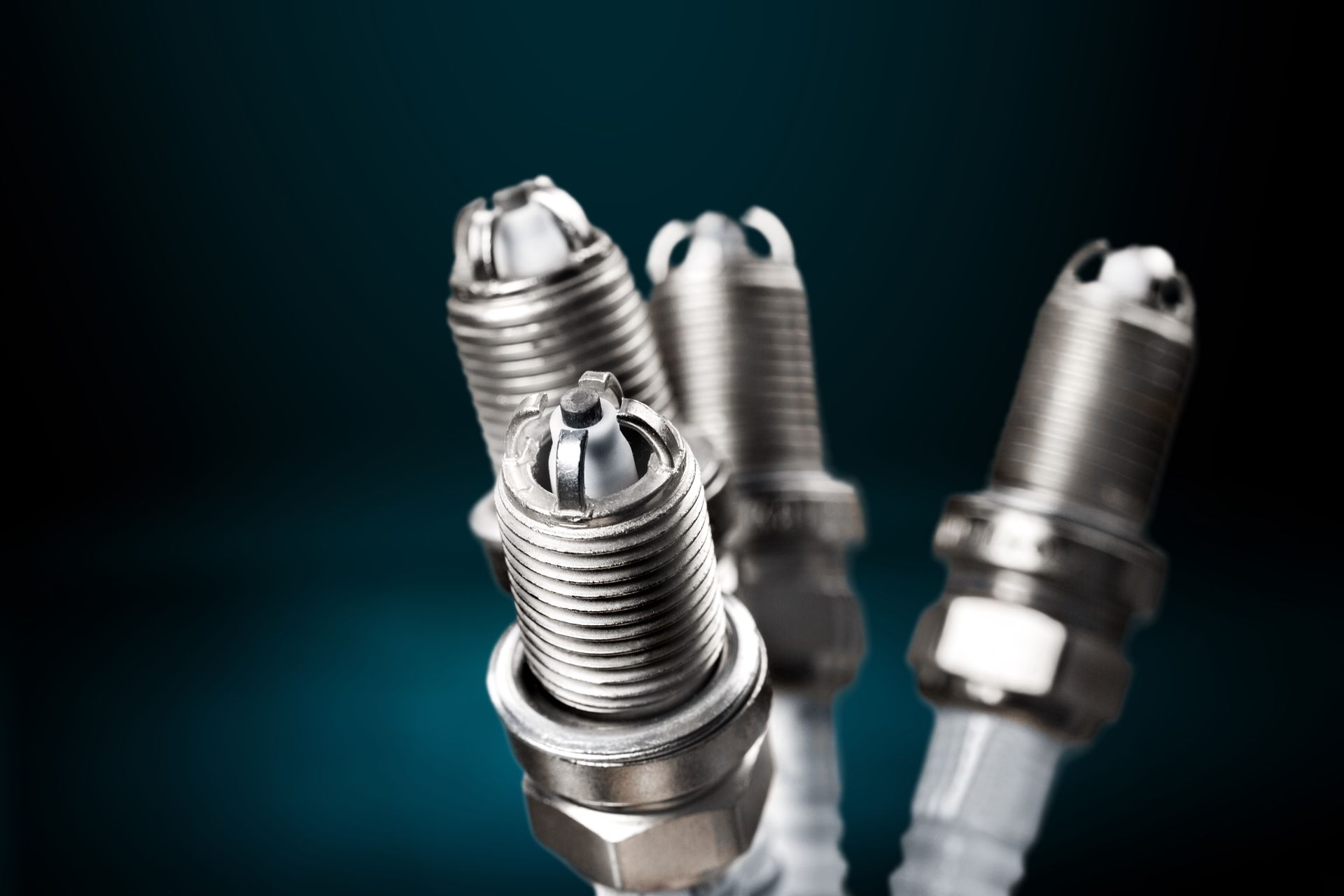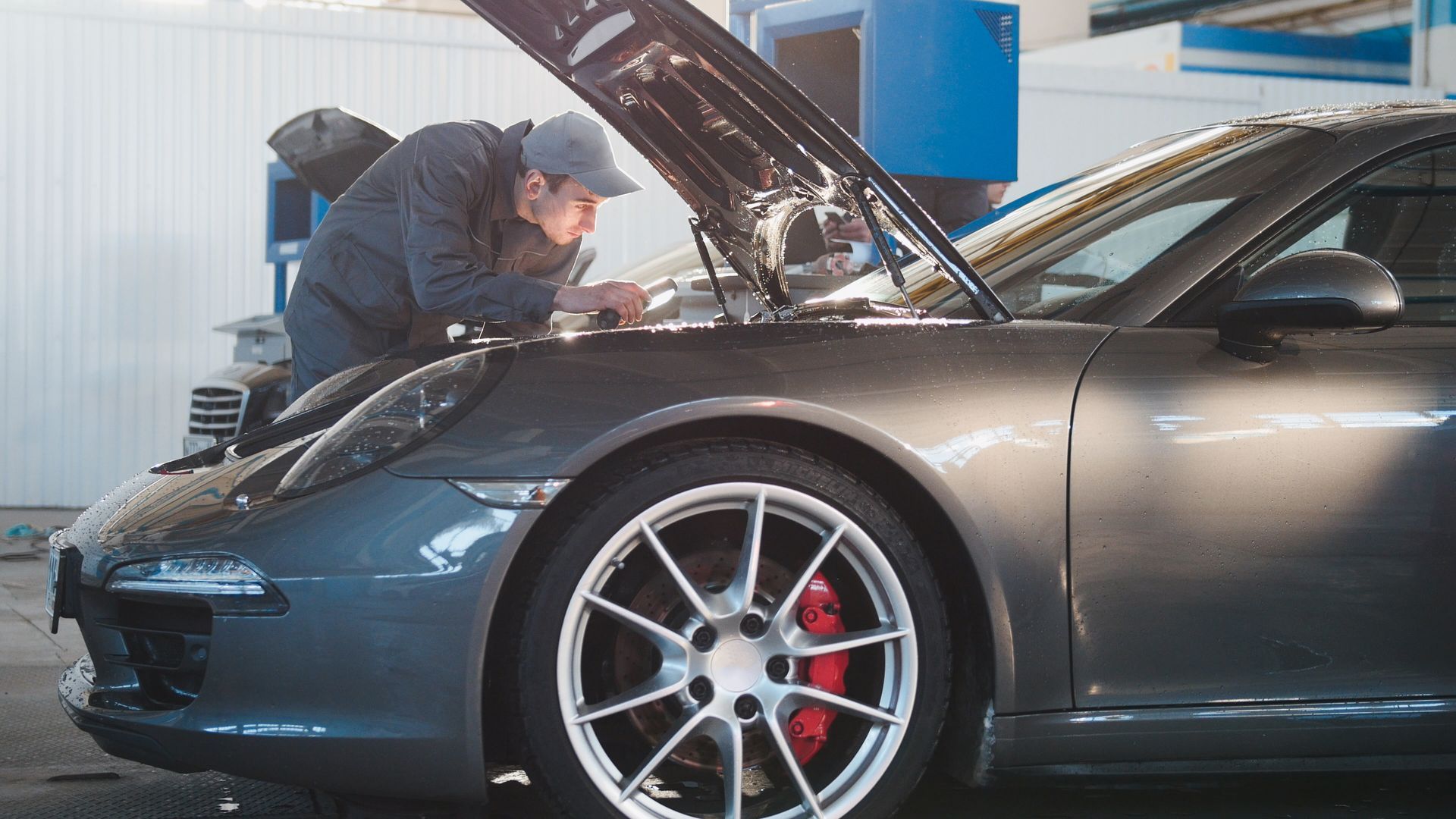It's important not to overlook regular car maintenance amid our daily routines. Regular tune-ups play a key role in ensuring that our cars perform well and save money on fuel. Although car tune-ups may seem like just another service, they are necessary for maintaining a healthy engine and optimal performance. Skipping these tune-ups could end up costing you more in the long run.
What Exactly is a Car Tune-Up?
A car tune-up typically refers to a series of maintenance tasks aimed at optimizing your vehicle’s engine performance. While tune-ups can vary slightly depending on the make and model of your car, they generally include replacing spark plugs, inspecting the ignition system, checking air and fuel filters, and ensuring that fluids like oil, coolant, and transmission fluid are topped up and in good condition. A well-executed tune-up addresses any small problems before they escalate, ensuring that your car runs efficiently and reliably.
Boosts Engine Performance
One of the main reasons drivers seek out regular tune-ups is to maintain or restore their car’s engine performance. Over time, components within the engine naturally wear down and lose their efficiency. Spark plugs, for example, ignite the fuel in your engine’s cylinders. When they become dirty or worn out, they can cause your engine to misfire, run rough, or even reduce its power output.
During a tune-up, these key engine components are inspected and replaced if necessary. This ensures that the combustion process inside the engine remains optimal, allowing for better acceleration, smoother operation, and overall improved power. Essentially, your car will feel more responsive on the road, and the engine won’t have to work as hard to deliver the same level of performance.
Improves Fuel Efficiency
We all want to save money at the pump, right? The good news is that regular tune-ups can have a direct impact on your car’s fuel efficiency. When your engine’s components are dirty or damaged, the engine has to use more fuel to compensate for the lack of efficiency. Clogged air filters, worn-out spark plugs, and fuel injectors that aren’t functioning properly can all lead to increased fuel consumption.
A tune-up addresses these issues by cleaning or replacing the parts responsible for fuel delivery and combustion. With fresh spark plugs, clean air filters, and properly functioning injectors, your engine burns fuel more efficiently. This means you can go further on a tank of gas, ultimately saving you money in the long term.
Key Tune-Up Tasks That Impact Fuel Efficiency
Spark Plug Replacement: New spark plugs ensure efficient fuel combustion, which directly affects mileage.
Air Filter Inspection: Clean air filters improve airflow to the engine, leading to better fuel economy.
Fuel Injector Cleaning: Ensuring fuel injectors are clean allows for precise fuel delivery and reduces waste.
Reduces Emissions
Beyond performance and fuel efficiency, tune-ups play a significant role in reducing your vehicle’s emissions. When your engine is not running efficiently, it tends to produce more harmful exhaust gasses, contributing to air pollution and possibly causing your car to fail emissions tests.
A tune-up can help your car burn fuel more cleanly by ensuring that all the components involved in the combustion process are working correctly. This reduces the amount of unburned fuel in the exhaust system and helps keep harmful emissions to a minimum. Not only does this benefit the environment, but it also helps you avoid potential fines or penalties for emissions violations.
Prevents Breakdowns
Regular tune-ups are a form of preventive maintenance that can save you from costly repairs down the line. Ignoring minor issues like a dirty air filter or a worn-out spark plug may not seem like a big deal at first, but if left unattended, these small problems can snowball into major engine damage.
For example, failing to replace worn spark plugs could lead to engine misfires, which, over time, could damage your catalytic converter — one of the more expensive components to replace in your car. Likewise, dirty air or fuel filters can cause your engine to run inefficiently, leading to overheating or excessive wear on internal parts.
By catching these issues early with a tune-up, you can avoid the more significant expenses that come with major engine repairs. In short, spending a little on regular tune-ups can save you a lot in the long run.
How Often Should You Get a Tune-Up?
Now that we’ve covered the benefits, you might be wondering how often a tune-up is necessary. Generally, it’s recommended to get a tune-up every 30,000 to 50,000 miles, though this can vary depending on your vehicle and driving habits. Always refer to your car’s owner’s manual for specific recommendations.
If you notice any signs like reduced fuel efficiency, sluggish acceleration, or rough idling, it’s a good idea to get your car checked out sooner rather than later. A professional can assess whether your car needs a tune-up and which components might need attention.
Want to boost your car’s performance and improve fuel economy? A regular tune-up at
International Sport Motors can make all the difference. Contact us now to book your service and enjoy the ride!

